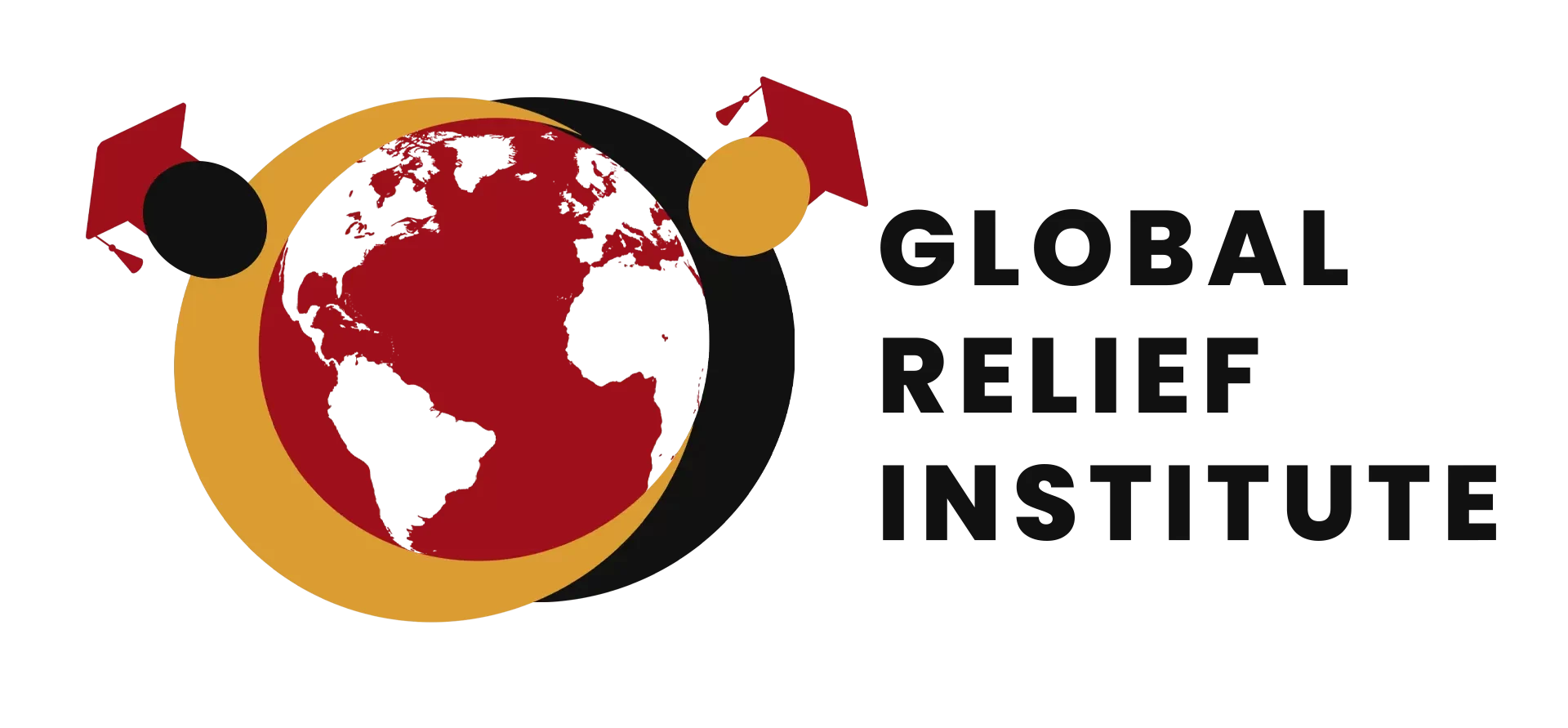Course Overview
Globally, disasters are on the increase, impacting communities and nations with grave social and
economic consequences and threatening the survival, dignity and livelihoods of the vulnerable
sections of their populations. Shifting socio-economic situations, unplanned urbanisation,
environmental degradation, climate variability and change, geological hazards, competition for
scarce natural resources, and the threat of epidemics are factors that compound the impact of
disasters. Disasters increasingly impact the global economy and the sustainable development of
developing countries. In 2011, 332 natural disasters were registered, less than the average annual
disaster frequency observed from 2001 to 2010.
This integrated programme defines humanitarian response within the framework of an
understanding of development, with vulnerability and disaster risk reduction as an integral part
of development. This programme recognizes the vulnerabilities faced by the poor and
marginalized and the disproportionate impact of disasters endured by them in the developing
world. In this programme, the study of disaster risk reduction, disaster response and post-disaster
recovery will be grounded in the values of justice, equity and social inclusion.
COURSE CONTENT
This course addresses all stages of disaster management in a comprehensive and holistic
manner; including
(i) pre- disaster preparedness and mitigation,
(ii) rescue and relief in the context of disaster and
(iii) post disaster rehabilitation, reconstruction and recovery.
Course Objectives
This Certificate Course in Disaster Management is designed to impart domain knowledge,
capacities and skills to:
o Demonstrate a critical understanding of key concepts in disaster risk reduction
and humanitarian response
o Recognize issues, debates and challenges arising the relationship between
paradigm of development and disasters
o Critically evaluate disaster risk reduction and humanitarian response policy and
practice from multiple perspectives
o Develop an understanding of standards of humanitarian response and practical
relevance in specific types of disasters and conflict situations
o Critically understand the strengths and weaknesses of disaster management
approaches, planning and programming in different countries, particularly their
home country or the countries they work in, and
o Respond to disaster risk reduction initiatives and disasters in an effective, humane
and sustainable manner.
Assignments
In order to demonstrate their understanding of the course content, students will be required to
submit three assignments, one every month.
DURATION: 3 Months
REGIONS TARGETED: Global
COURSE FEE: Euro 500
LANGUAGE: English
FORMAT: Online Learning
GENERAL COURSE CONTACT: info@globalreliefinstitute.org
